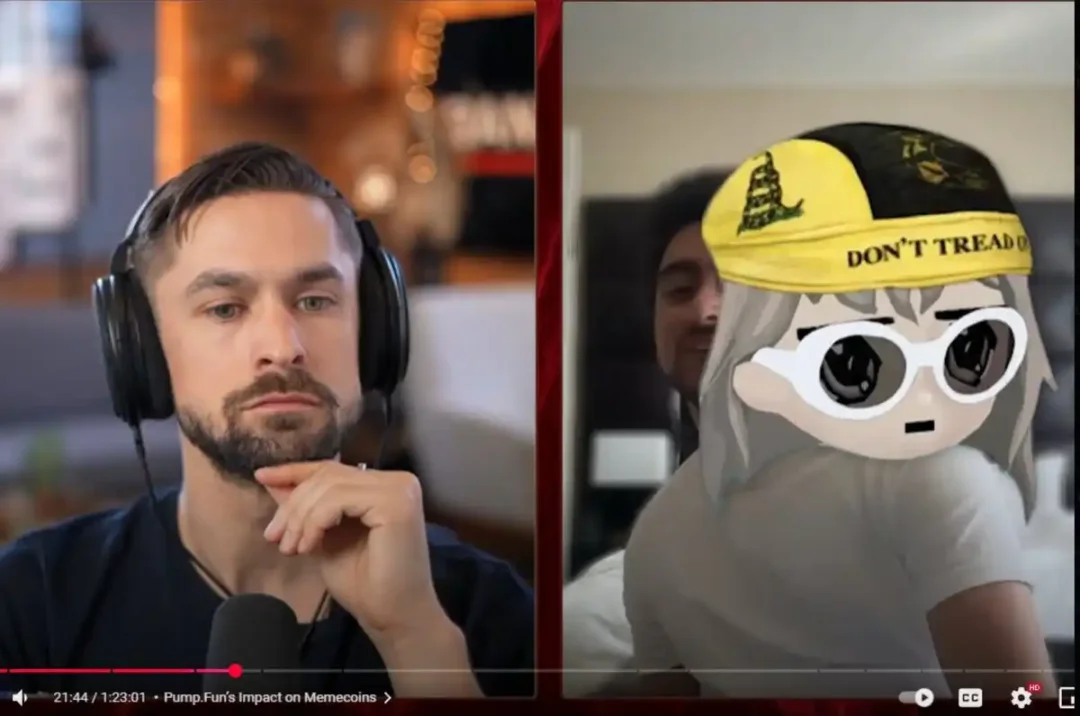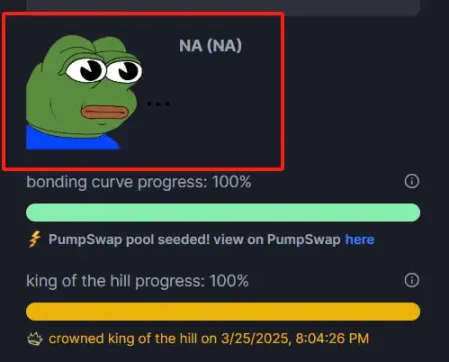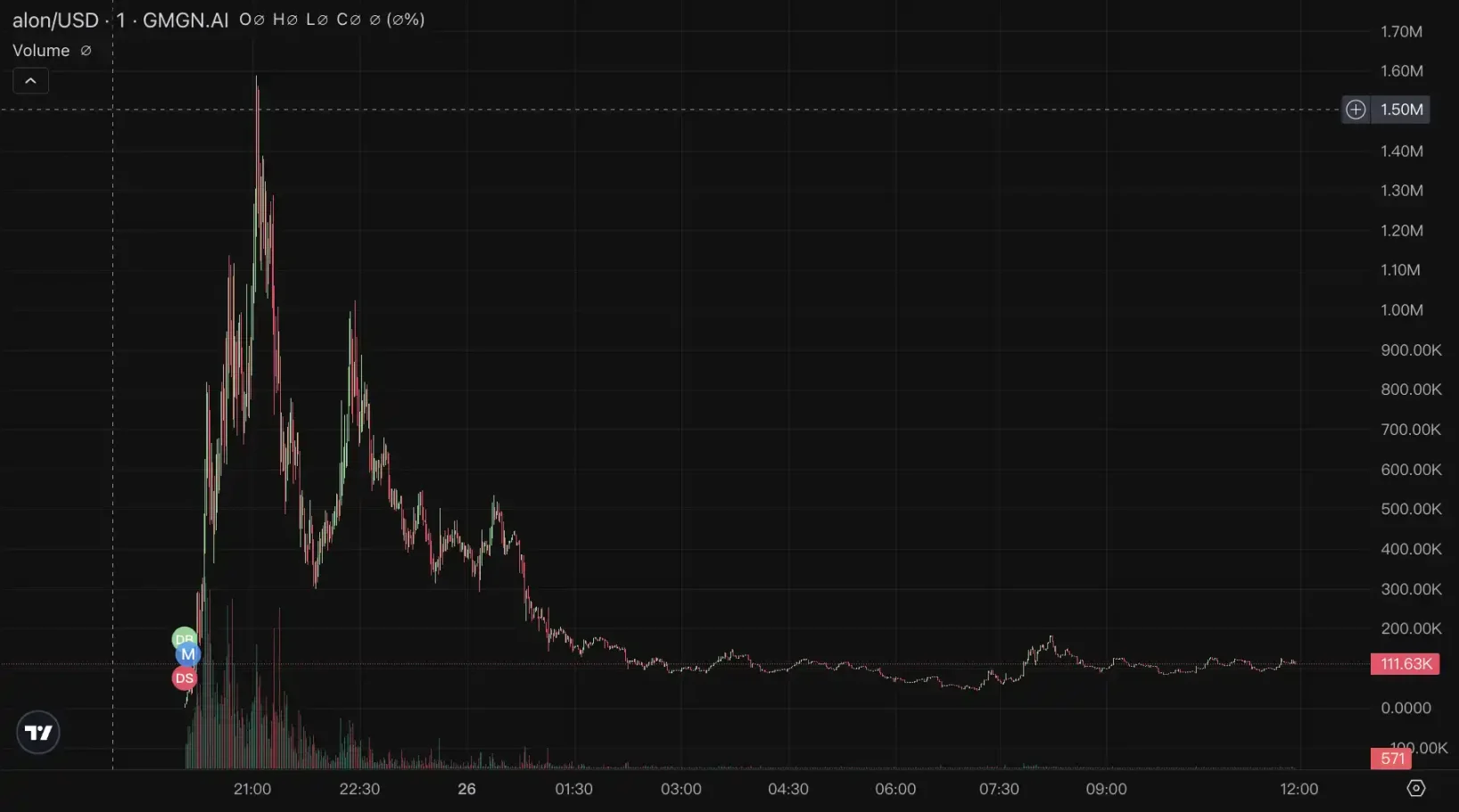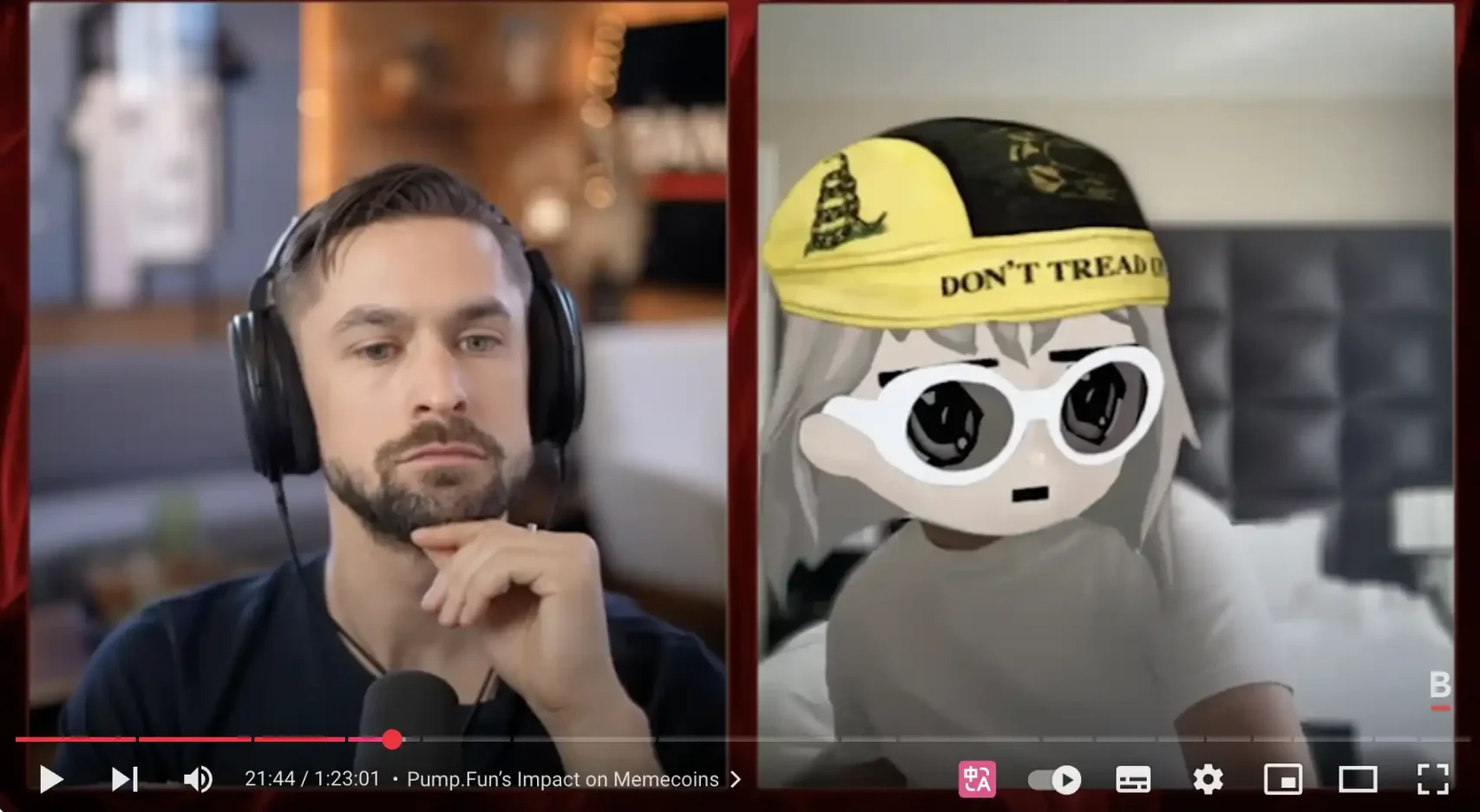Anonymous Founder's True Appearance Exposed
Recently, Pump.fun founder Alon was interviewed on the "Ethereum-based" Podcast Bankless, revealing half of his true appearance at the 21:44 mark, after which someone pieced together Alon's full face photo.

The community quickly launched a meme coin named "alon" on Pump.fun, but dramatically, Pump.fun removed this meme's avatar.

And this meme coin experienced a brief existence.

Currently, the frame showing Alon's face has been removed from this Bankless Podcast episode.

Podcast Controversy Opening: Good Intentions Gone Wrong?
Since its birth, Pump.fun has always been shrouded in mystery, with few people openly discussing how it rose to become the most PMF and profitable application of this cycle.
Last year, Alon was interviewed on Threadguy's Podcast, becoming one of the rare public channels to understand the story behind Pump.fun. With the launch of Pump.fun's Swap platform, Alon recently accepted an interview with the crypto Podcast Bankless.
In the Podcast, Alon discussed 4Chan aesthetic style, Pump.fun's content audit strategy, introduced the new product PumpSwap and creator revenue sharing mechanism, responded to the competitive relationship with Raydium, explored the relationship between content, attention, and market, and shared his views on the future of meme coins.
However, this Podcast episode sparked some controversy, mainly due to the opening remarks by Bankless Podcast host David.
David mentioned at the beginning that audiences might be surprised to see Solana's most successful application Pump.fun appear on an Ethereum-based Podcast, especially since Bankless has always positioned itself against meme culture, believing it destroys markets.
Here are David's exact words: [rest of the text continues in the same translated manner]
When Pump.fun's product revenue exceeds $600 million, discussing whether meme coins should exist seems meaningless. During the interview, David asked Alon if he would do anything differently at the beginning of the meme craze to make meme coins more sustainable.
Alon's response was, "If this is the nature of cryptocurrency, then when market sentiment becomes frenzied, there is actually very little you can do."
David's question implied a top-down regulatory mindset, holding an elitist approach, hoping that crypto cycles won't worsen due to meme coins and PVP, as if the market needs "wise guides" to tame retail investors' enthusiasm. Alon's response directly points to the essence of the crypto world - it should be an open, permissionless experiment, regardless of how chaotic the results might be.
This small controversy somewhat exposes the long-standing ecological divide in the crypto industry. The "establishment" represented by Ethereum tries to discipline the market with a "responsible finance" framework, overlooking cryptocurrency's original rebellious gene; the "barbarians" represented by Solana embrace the market's primitive forces, even if accompanied by bubbles, scams, and violent wealth redistribution.
At the end of the podcast, David asked Alon why he chose Bankless for the podcast, given that many Solana ecosystem podcasts exist. Alon's answer was, "Our harshest critics mainly come from the Ethereum ecosystem, and I hope they realize we actually have much in common. Many arguments are overly entangled in trivial details, and Twitter is not an ideal platform - its algorithm extremely amplifies anger and encourages people to be antagonistic. So, the massive misunderstandings between the Ethereum ecosystem, Solana ecosystem, and even Pump.fun are not surprising. One of my main reasons for participating in this interview was to break down these barriers."
Perhaps the future of media lies not in how to "correctly" judge projects, but in whether it can become a translator of on-chain value and a bridge for cross-ecosystem dialogue.







